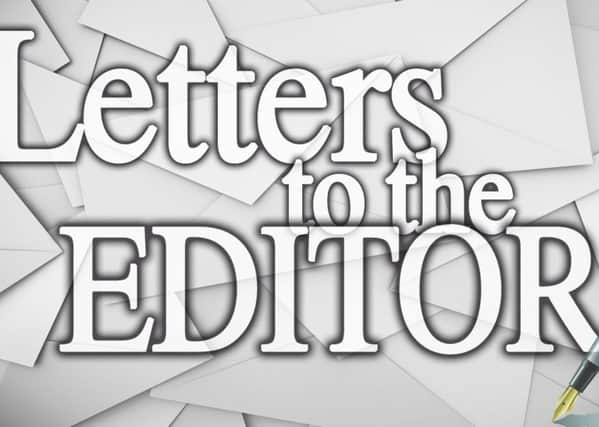Taking law into your own hands has a long history


“In post-conflict situations there can be a tactic of creating a narrative of the past that allows justification of violent actions, thereby seeking to absolve those who carried out what were in reality morally indefensible acts.
“However, the narrative must be as faithful as possible to the actual events because only a proper narrative will allow a proper moral judgement.”
The narrative must also have a beginning.
Advertisement
Hide AdAdvertisement
Hide AdAt one point in his narrative Canon Ellis referred to “private armed groups that decided to take the law into their own hands”.
To get to the beginning. At a service in St Anne’s Cathedral (September 22) marking the centenary of the Ulster Covenant, the Very Rev John Mann stated:
“We have a chance to celebrate and remember a crucial moment in the history of this place that showed the determination of a generation of the Protestant people of this island to shape their own destiny.”
In other words, not merely to take the law into their own hands, but to set up their own state and their own government and parliament.
Advertisement
Hide AdAdvertisement
Hide AdThey called their state Northern Ireland, with an in-built ‘majority’ and a conscripted ‘minority’.
For God and Ulster. Furthermore, they asserted their determination to reject the authority of an Irish ‘Home Rule’ parliament.
In such a scenario what do phrases like “taking the law into their own hands”, “properly-elected authorities” and “proper moral judgement” actually mean?
Malachy Scott, Belfast BT15